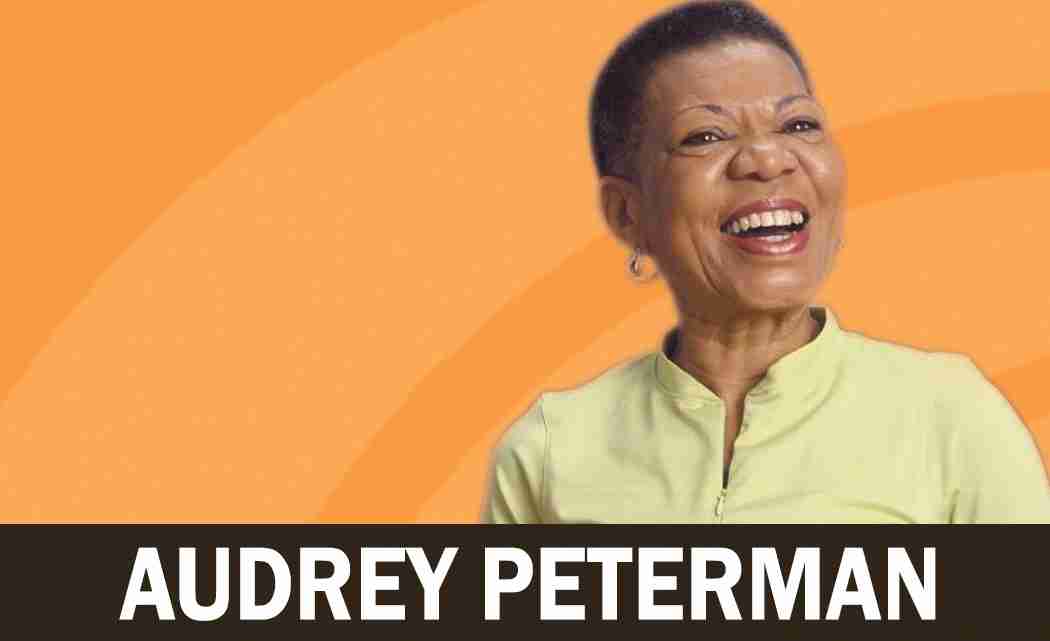In a cosmic congruence of events, our National Park System is searching to become “relevant, inclusive and diverse” just when we need it more than any other time in its 140-plus year history. Having explored the parks from the wilds of Alaska to the Florida Straits, I can say unequivocally that the answers to many of the questions boiling over in our society right now can be found in our national parks. Relevancy, it seems is not so much to be “found” as it is to be revealed.
Take, for example, the current “debate” about the meaning and use of the Confederate Flag. As an avid park traveler, I can take you to the exact spot at Appomattox Court House National Historical Park in Virginia and show you the actual table where Lt. General Ulysses S. Grant sat when he accepted the surrender of the Confederate Army of Northern Virginia from General Robert E. Lee sitting across from him. At this site, you can learn every detail about this seminal act of surrender leading to the conclusion of the Civil War. This is settled history, and the fact that the place where it happened was granted permanent protection by Congress in 1940 as part of the National Park System is an incontrovertible testament to the baseless irrelevance of the current controversy.
I am an ardent supporter of the Park System because I know it protects the “natural, cultural and historic” milestones that America has passed in arriving where we are today. I believe deeply in the mission of the National Park Service, the agency charged with protecting these places “for the enjoyment, education, and inspiration of this and future generations.” So to sit in park related meetings after the confederate-linked carnage in Charleston and hear no mention whatsoever of the events or how the parks illustrate the truth behind such situations is acutely unsettling.
Millions of Americans – many more liberal than the ilk represented by the shooter at Emanuel – have no idea how different the history of our country really is from what they’ve been led to believe. The tangible evidence is in the Park System, which shows that every bit of our progress has come at the expense and contributions of people of every race and stripe.
Coming up on its 100th anniversary in August 2016, the Service has launched a campaign to become “more relevant, inclusive and diverse.” It focuses mostly on engaging millennials through social media. But as a citizen with a keen appreciation of the existential crisis gripping our country, I find this an almost childlike reduction of the role that the Service really should be playing. The “relevance” of the parks is that they protect the places where pivotal history happened, and they need to be brought to public notice to inspire and educate – such as showing that the confederate flag issue was settled at Appomattox.
How might the conversation in America be different today if the Director of the National Park Service was shown on CNN, the networks as well as on social media, talking about the existence and meaning of Appomattox? How might things shift if a phalanx of Park Service employees including Superintendents of color, are shown talking about the seminal events in the units they manage? Showing racial and ethnic diversity among the leading stewards of our national parks is a key necessity to demonstrate that we have moved beyond the segregationist era the flag represents.
I am grateful that the Park Service leadership has ordered the removal of Confederate flag-related items from national park grounds and bookstores and sent messages of condolence to the staff at parks directly impacted by murderous violence in Charleston. But the constituency of which I’m part is dying – literally being hunted and killed by police and supporters of a dead confederacy. I’m crying out for the Park Service to demonstrate to the public the true purpose, relevance and meaning of these places I hold dear.
Audrey Peterman is an author and environmental expert. Audrey@legacyonthelan.com













No Comment